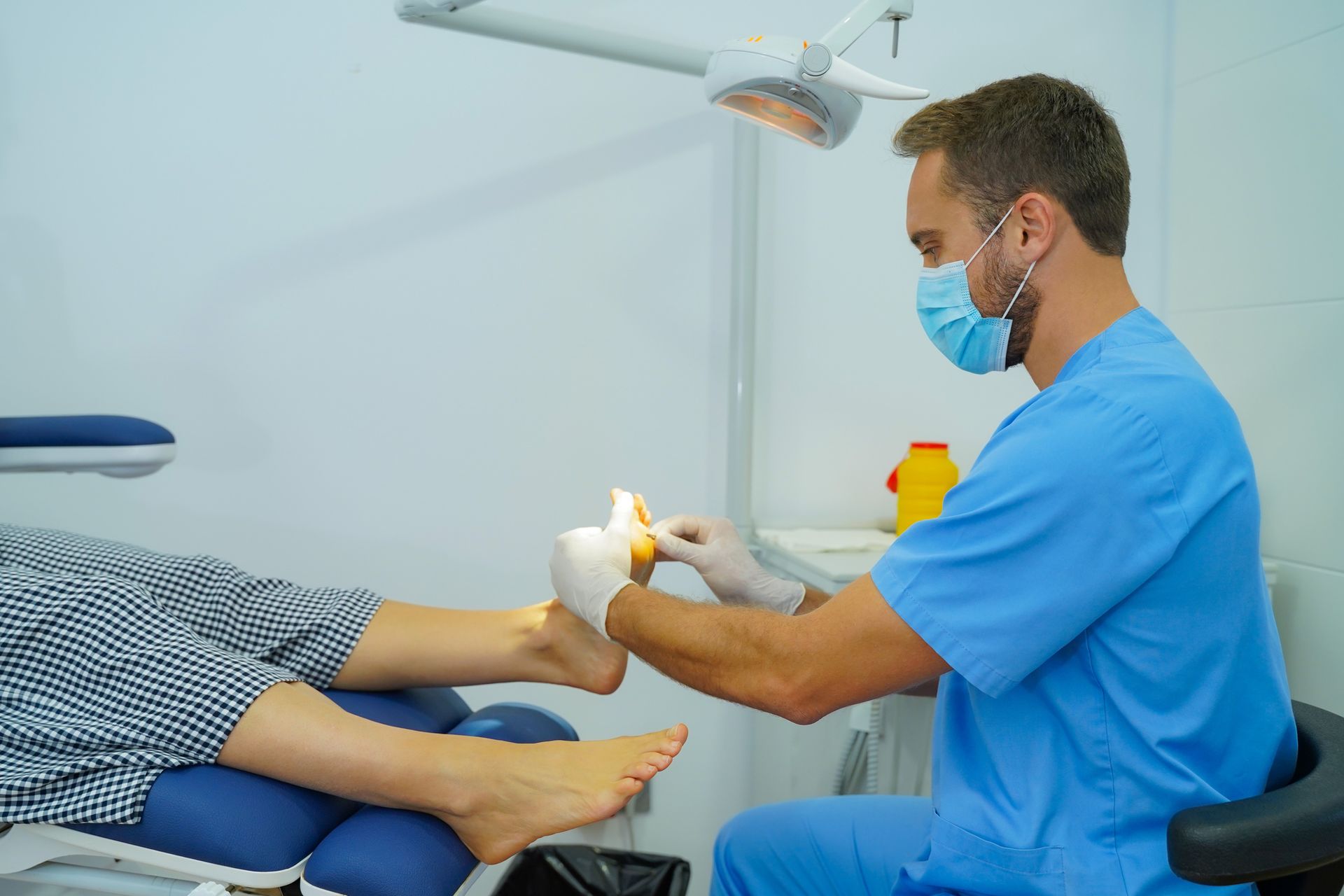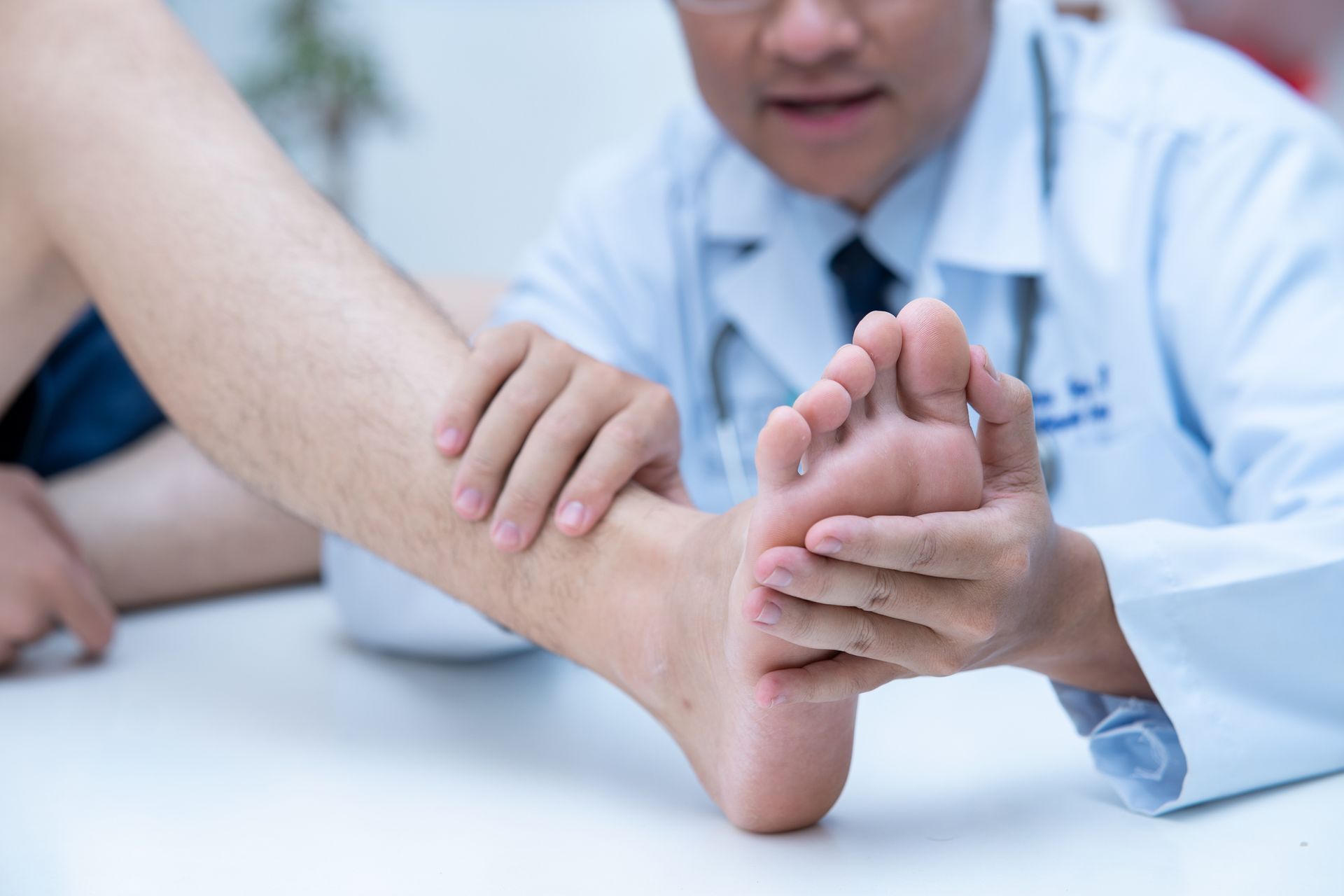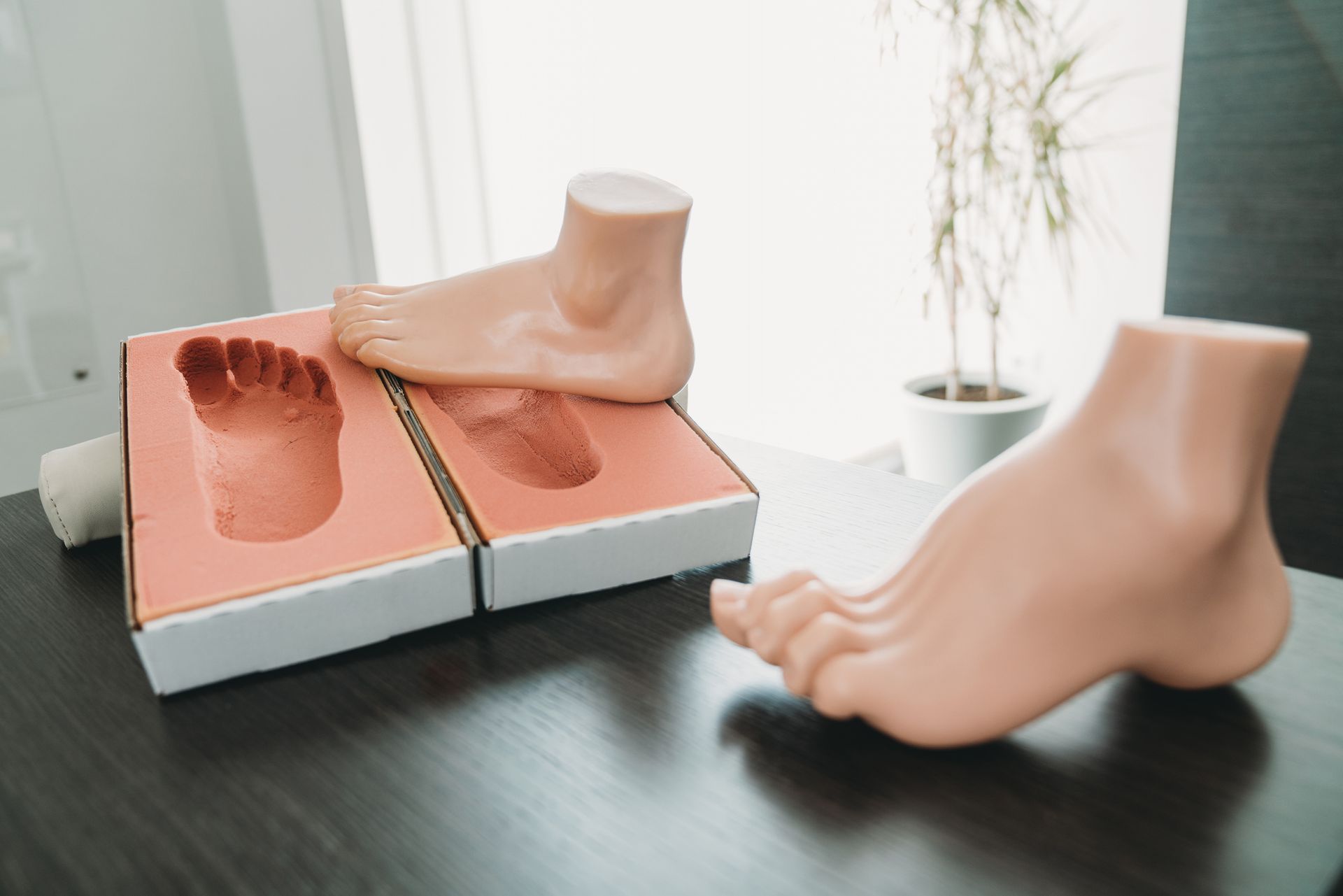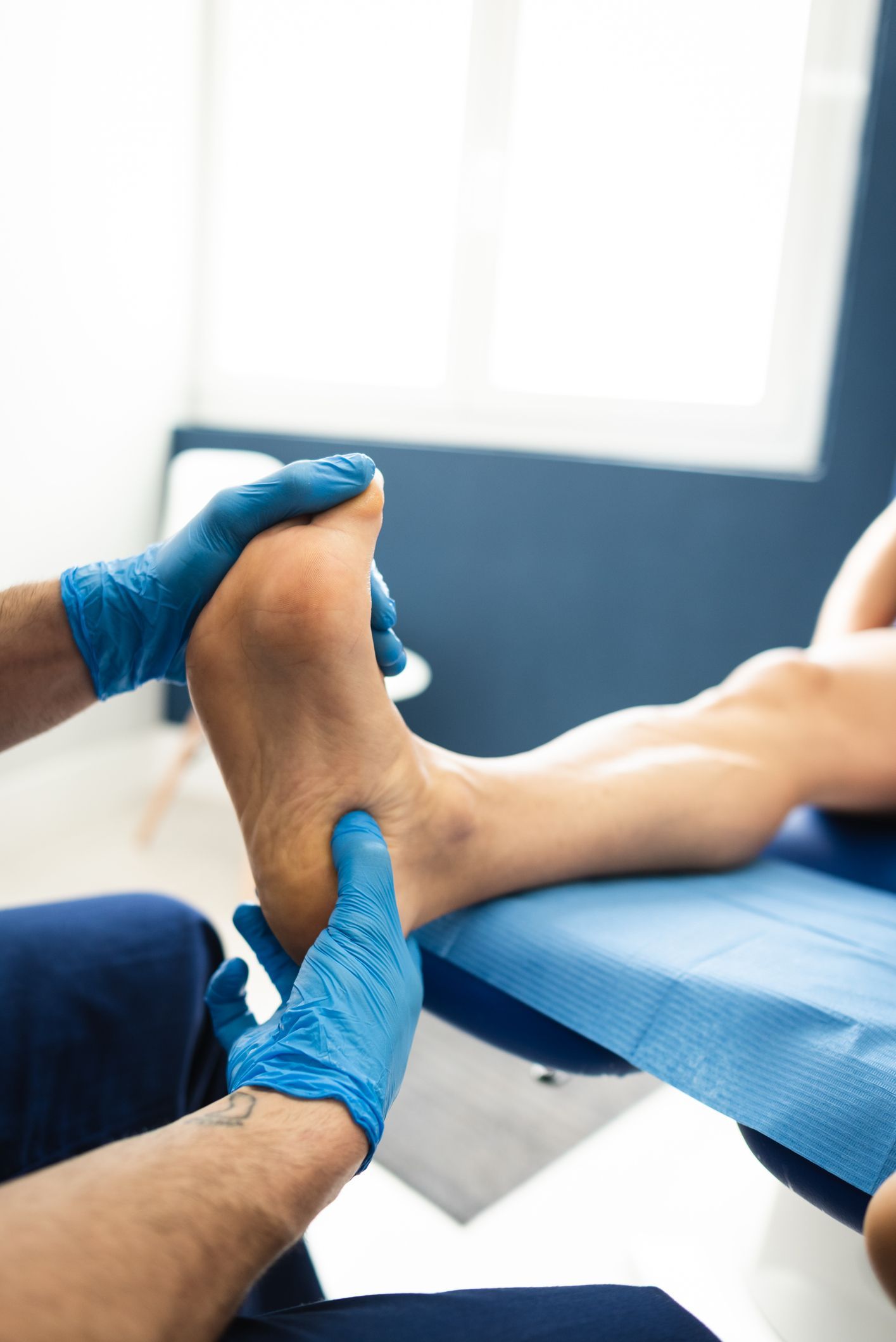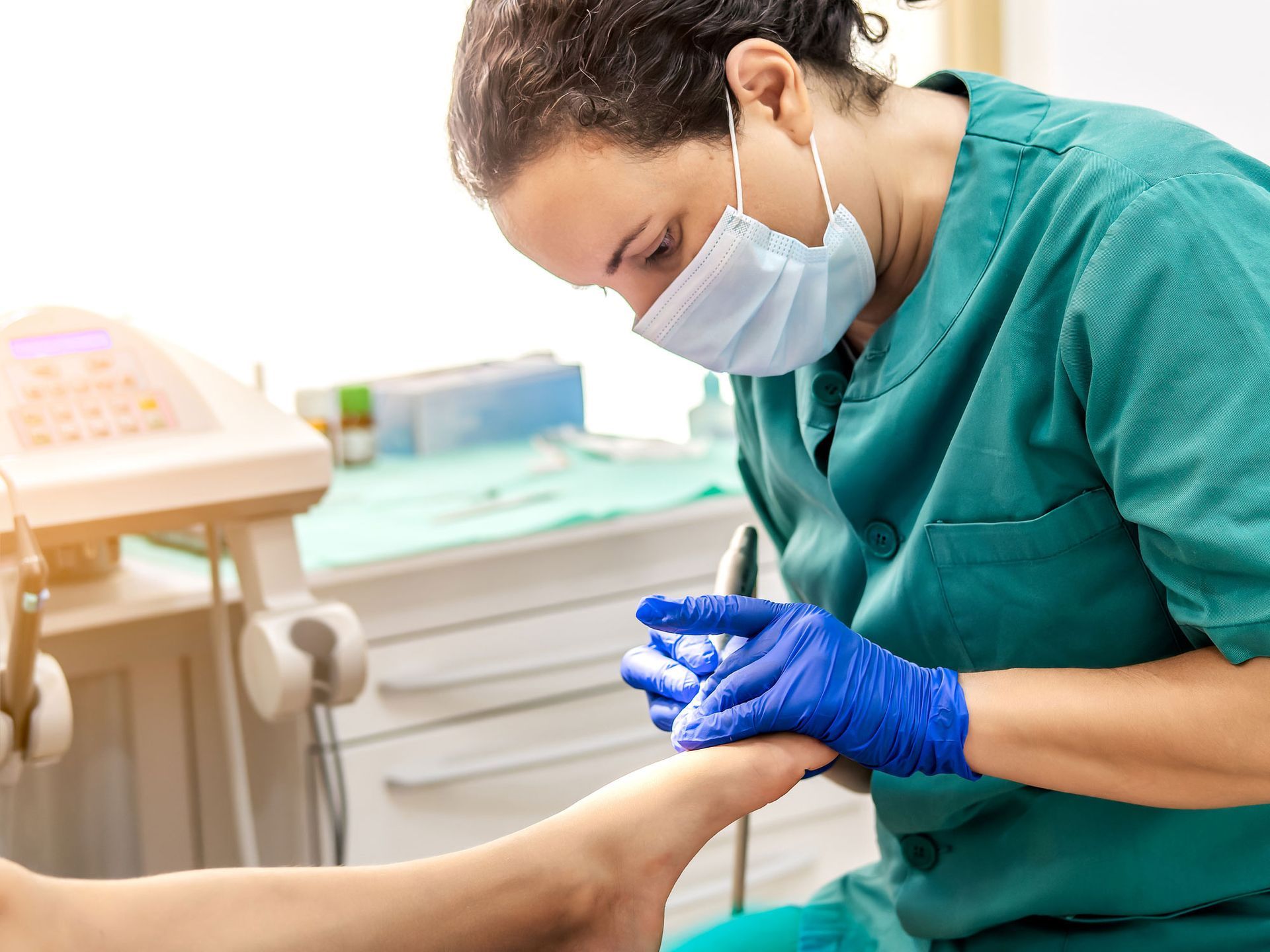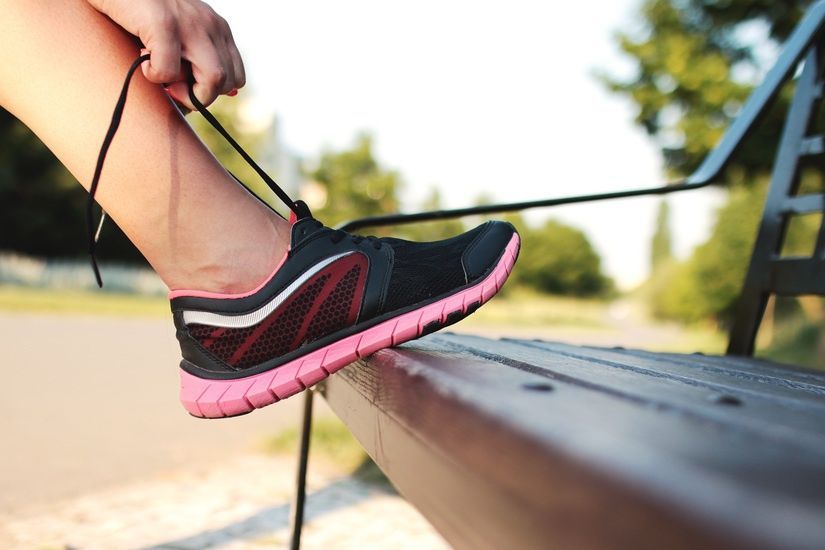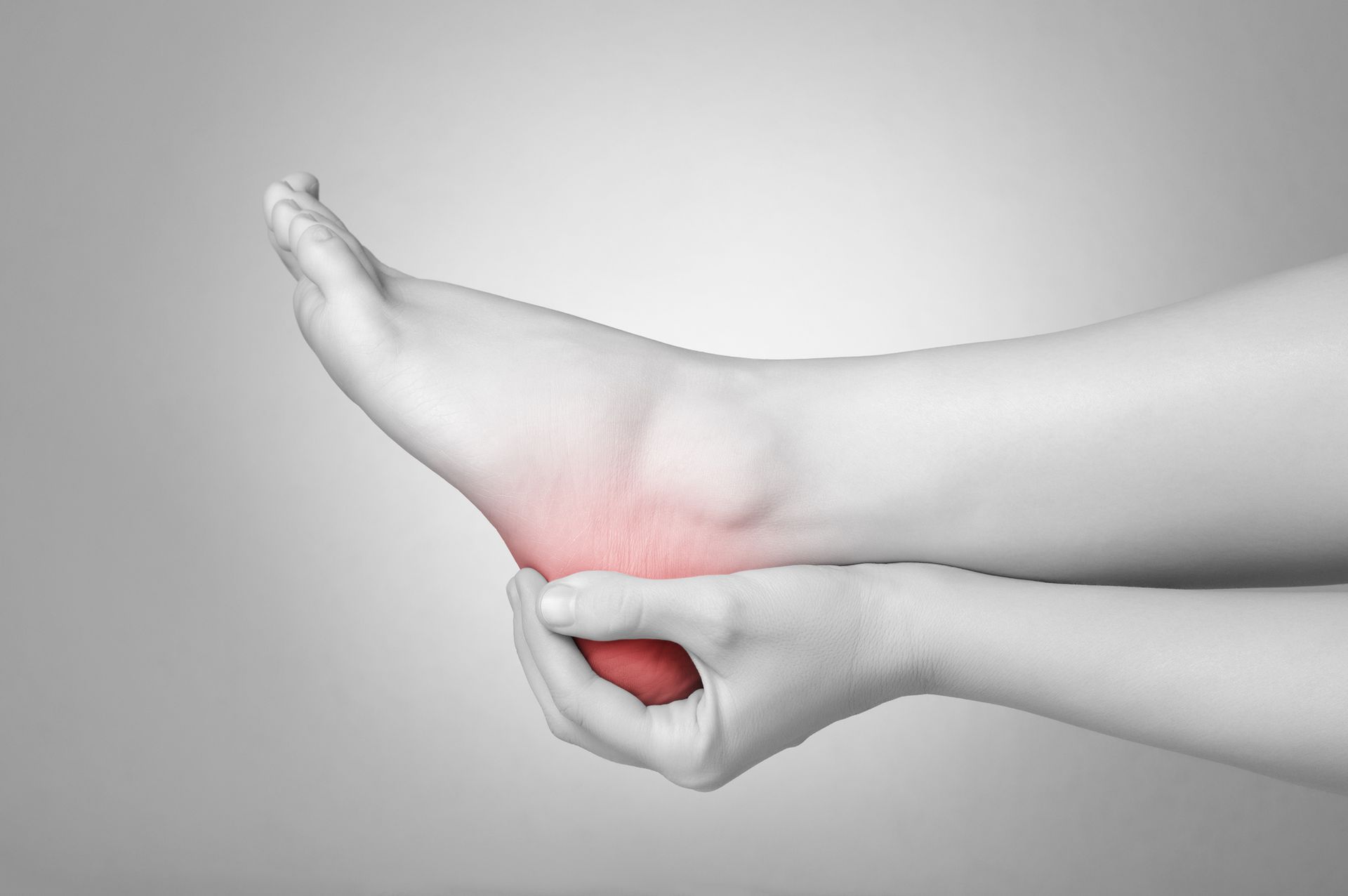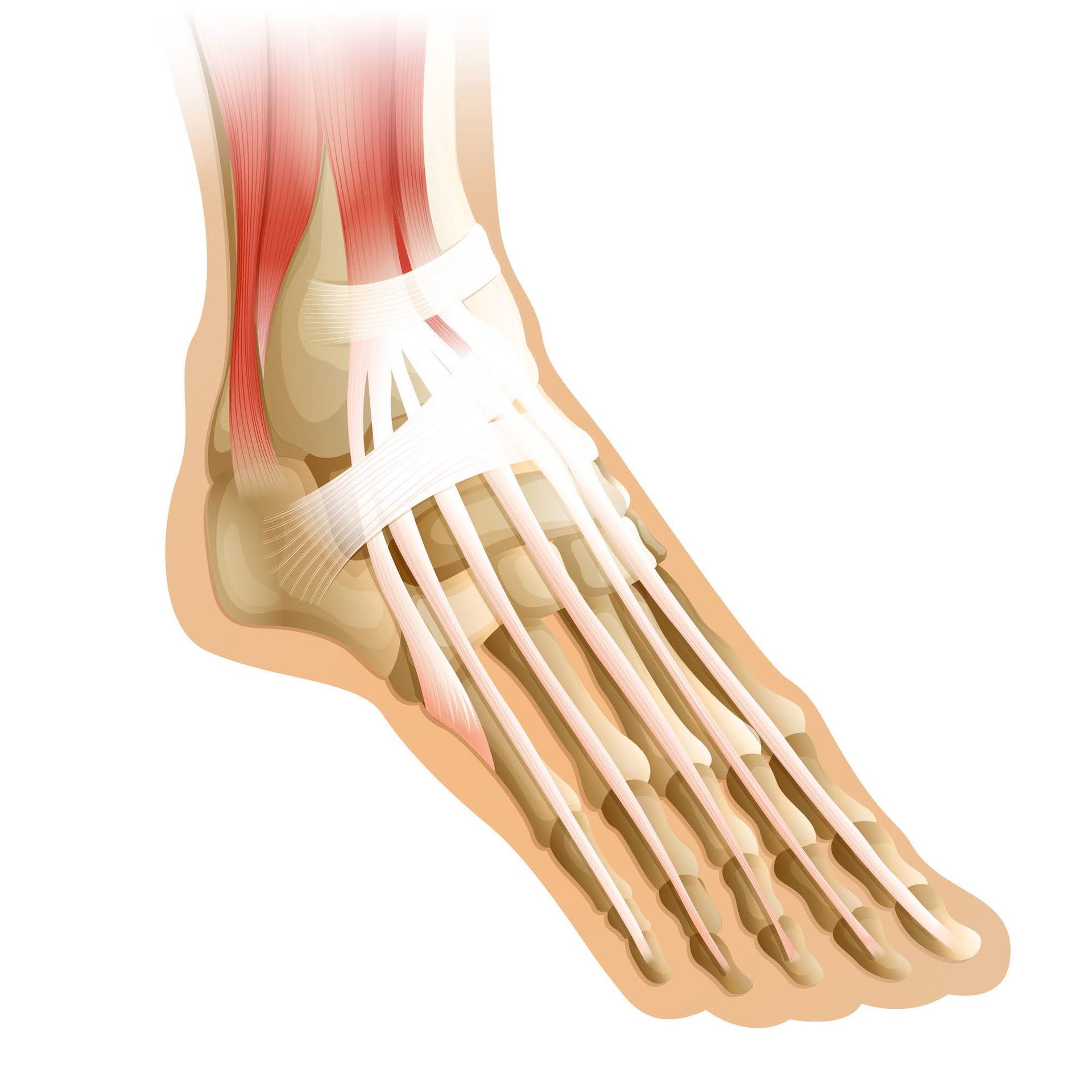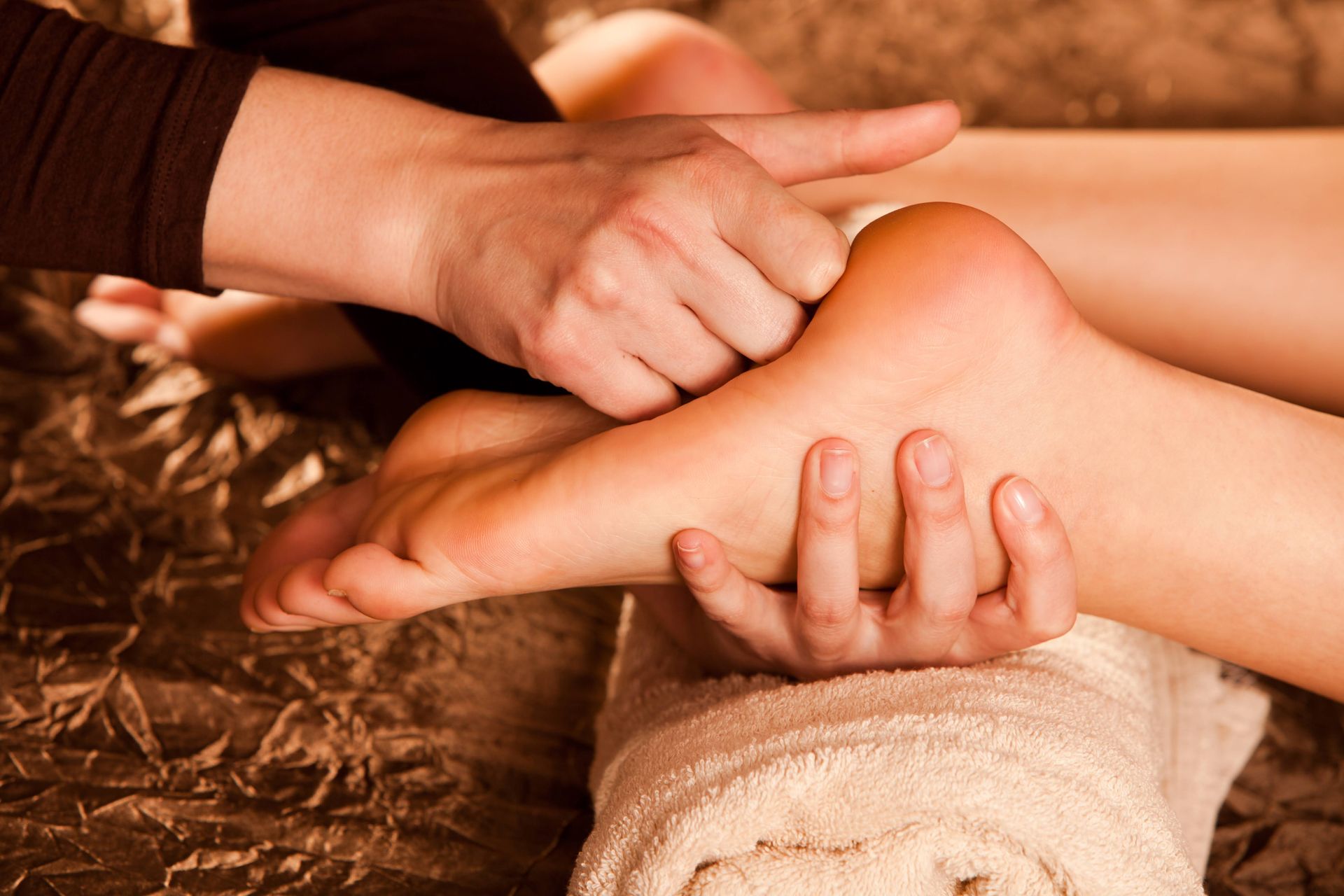How to Prevent Toenail Fungal Infections
Toenail fungi are responsible for a large part of nail disorders and showcase as discolored, damaged, and brittle nails. The longer you wait, the worse the infection can get and the more complex the treatment is. In extreme cases, your nails could disjoint from the nail bed. So, your best shot is to observe the preventive measures discussed below.
1. Avoid Nail Trauma
Whereas you cannot always tell when you will trip and injure your nail, stay keen on your environment. Have protective wear on your feet to absorb sudden shocks. Nail trauma cuts through some parts of your nail and skin, exposing you to fungal infections. Also, use soft bristles whenever you clean your feet with a brush to guard against trauma.
2. Put on Appropriate Shoes and Alternate Them
Do not wear undersized or oversized shoes. Small shoes weaken and restrict airflow to your nails. On the flip side, non-fitting shoes give room for your nails to hit the shoes and develop cracks or cuts that become entry points for fungus. The ideal shoes to prevent infections are breathable materials like canvas, mesh, or leather.
Fungi thrive in dark, humid, and warm places like your shoes. Nonetheless, you can prevent fungal buildup if you air and change your shoes regularly. Buy a few pairs so you will not have to put on the same shoes simultaneously. If you were a victim of fungi but have completed treatment, dispose of or spray old shoes with an antifungal spray. Otherwise, your toes could get infected again.
3. Do Not Share Personal Effects and Observe Hygiene
If you use towels or clippers that an infected person has used, you might also get the fungi. As the name suggests, personal effects are for a specific person and should not be shared. Personal items also spread other infections like athletes' feet and ringworm. If left untreated, athlete's foot could spread to your nails and cause an infection.
Disinfect your nail cutters, clippers, and other tools before use. Dirt and bacteria from dirty clothes can also pass to your nail and result in infections. If you visit nail bars, ensure the items are disinfected. Ask whether the attendants sanitize the tools after every client to gauge hygienic standards.
4. Take Caution in Public Spaces
Public places like spas, gyms, and swimming pools harbor a lot of fungi. Besides, many people access such facilities, and since fungal infections spread from one person to another, you should protect your feet. Use shower sandals or flip-flops that protect you from direct contact with nearby surfaces. When you go to a swimming pool, keep your sandals next to the pool to minimize exposure.
5. Follow the Appropriate Procedure to Cut Your Nails
Cut your nails across and then file sharp edges. Do not cut the cuticle since the protective skin guards against infections. Most fungal infections go unnoticed until the damage worsens. So, trim as you observe any weird look or colors like brown, yellow, and chalky white on your nails. If you find any signs, consult your doctor for an early checkup and treatment.
6. Disinfect Your Bathroom and Footwear
Your bathroom floor provides a favorable environment in which fungi grow. Maintain the highest hygienic standards in your bathroom since you use the facility daily. Use bleach with antifungal properties to scrub your bathroom. Also, disinfect your footwear, especially if you sweat a lot or have suffered a foot infection.
Toenail fungi can prove tough to treat, especially when the infection is severe. Nonetheless, you still have hope for recovery if you find the appropriate treatment. So keep your nails safe, but if you get fungal infections, do not hesitate to contact Advanced Foot Clinic for the latest treatment options including laser for fungal nail to get rid of fungus.
